Texas DSCR Loans for STR Financing
Grow Your Portfolio with DSCR Loans
Whether you're financing STRs in Austin, duplexes in Dallas, or high-yield rentals in Houston, our DSCR loans
offer the flexibility and competitive rates needed to grow your real estate holdings. Texas DSCR loans are ideal for investors who rely on property performance rather than W-2s or traditional underwriting. Forget personal income documentation — we base approval on the property's cash flow and its ability to handle the debt service.
How to qualify
To obtain a quote, we will need the following information:
Property Value and
Purchase Price
Down Payment
Amount
Credit Score
Asset Types
- Single Family Homes
- Townhomes
- Condos
- 2 - 4 Units (Duplex, Triplex, Quadplex)
- Multi-Family: 5 - 8 Units
- Mixed-Use: 2 - 8 Units
- Multi-Family: 9+ Unit
Loan Terms
- Loan Sizes:
$100k up to $3.5 Million (Larger loan sizes available on a case by case basis)
- Purchase LTV:
Up to 85%
- Rate & Term Refinance LTV:
Up to 80%
- Cash Out Refinance LTV:
Up to 80%
- Amortization:
30 Year % 40 Year Amortization Options Available
- Term Lengths:
5/6 ARMs, 7/6 ARMs, 10 Year Interest Only, 30 Year Fixed & 40 Year Fixed
- Floor Rate:
5.50% (subject to change daily due to market volatility)
- Full Recourse
with personal guarantee required for all borrowers with majority ownership (typically 20%+ or 25%+ if closing in an Entity)
- DSCR Requirement: 1.00x or greater depending on loan size and property type. Sub-1.00x DSCR and NO DSCR options available.
- Vesting:
Lending to Individuals, LLCs, and Corporations. Trusts Allowable on a Case by Case Basis.
- Average Time to Close:
14 to 35 days
Wondering if you qualify for investment property financing in your area?
Frequently Asked Questions
What is a DSCR loan and how does it work for Texas real estate investors?
A DSCR loan (Debt Service Coverage Ratio loan) helps Texas investors qualify for financing using the property’s rental income rather than personal financials. Lenders assess whether the income is sufficient to cover the property's debt service, including principal, interest, taxes, and insurance. This strategy is ideal in Texas cities like Austin, Dallas, and Houston, where strong rental demand supports steady cash flow. DSCR loans are commonly used by investors with multiple properties or non-traditional income sources, allowing them to expand portfolios quickly without the burden of W-2s, tax returns, or traditional DTI calculations.
How is DSCR calculated in a typical loan scenario?
In Texas, DSCR (Debt Service Coverage Ratio) is calculated by dividing the property's net operating income (NOI) by the total annual debt service. For example, if a Texas rental brings in $100,000 and the yearly mortgage payments total $80,000, the DSCR would be 1.25. This shows the property generates 25% more income than needed to cover the loan. Most lenders in Texas want to see a DSCR of at least 1.00, though some prefer 1.20 or higher for better loan terms. Understanding DSCR helps Texas real estate investors choose stronger-performing properties. A higher DSCR not only improves approval odds but also may result in lower rates or fewer reserve requirements—making it a key metric for Texas-based portfolio growth.
What is considered a good DSCR ratio for Texas investors when applying for financing?
A strong DSCR ratio in Texas usually starts at 1.20, but higher is better. Most Texas lenders will approve loans with a DSCR as low as 1.00, meaning the rental income just covers the loan payments. However, a DSCR of 1.25 or more shows the property brings in significantly more income than its debt service, which can lead to better loan terms. Texas real estate investors—especially those working with STRs or multifamily properties—benefit from aiming for stronger DSCRs to reduce financial risk and improve financing options. A higher DSCR also helps navigate Texas’s competitive lending environment and positions your deal for faster approval.
Can I qualify for a DSCR mortgage loan if my personal income is limited?
Yes, you can qualify for a DSCR loan even if your personal income is limited. DSCR loans, often referred to as Airbnb loans when used for short-term rental properties, are designed to approve borrowers based on the income the property generates—not personal W-2s, tax returns, or debt-to-income ratios. Lenders calculate the property's debt service coverage ratio to determine if the income is sufficient to support the loan. As long as the DSCR meets the required threshold—usually 1.00 or higher—you can often be approved regardless of personal income. This makes Airbnb loans ideal for self-employed investors, business owners, or anyone scaling a rental portfolio without relying on traditional underwriting standards.
How does a lender evaluate rental income when approving a DSCR loan?
Texas lenders assess rental income by reviewing the property’s actual or projected earnings. For DSCR loans, Texas lenders don’t require personal income statements but instead look at lease agreements, rent rolls, or Airbnb income to determine cash flow. The property’s net operating income is divided by its annual debt service to calculate the DSCR. If the DSCR meets lender guidelines, typically 1.00 or higher, Texas borrowers may qualify. This approach gives Texas investors greater flexibility, especially those who are self-employed or scaling quickly. Understanding how DSCR works in Texas is key to building a sustainable rental portfolio with minimal income documentation.
What’s the minimum debt service coverage ratio required for approval?
In Texas, the standard minimum DSCR required for loan approval is typically 1.00. This means that the property’s income should equal its total debt service, including principal, interest, taxes, and insurance. Some Texas lenders may consider a DSCR as low as 0.75 in select cases, but these deals often come with higher reserve requirements or stricter terms. DSCR loans in Texas are popular because they let investors qualify based on property performance, not personal income. In fast-growing markets like Austin, Houston, or Dallas, lenders in Texas often expect higher ratios—1.20 or more—for improved terms. Understanding the minimum DSCR thresholds in Texas is key for setting expectations and structuring deals that qualify. With the right property, Texas investors can access strong loan options with minimal documentation.
Who should consider using a DSCR instead of a traditional loan?
These loans are perfect for self-employed individuals, LLCs, and investors managing multiple properties. In fast-growing markets like Austin and Dallas, Texas investors use DSCR loans to avoid the delays and restrictions of traditional mortgages. Rather than submitting tax returns or W-2s, borrowers in Texas can use property cash flow to qualify quickly and efficiently.
Expanding your rental portfolio beyond Texas? We also offer financing in Oklahoma , Louisiana , Arkansas , and New Mexico , making it easy to scale across the South and Southwest with the same asset-based approval process.
Disclaimer: DSCR loans are specialized real estate financing products and may differ from traditional mortgage loans or non-QM loans. Program terms, rate options, LTV limits, refinance opportunities, and rental property requirements can vary by lender. Some offerings may consider rental income, bank statement documentation, or other alternative guidelines used by DSCR lenders. All details provided here are for general information only and may change as market conditions, capital availability, and mortgage guidelines evolve. Always consult a qualified lender or financial professional before making investment or mortgage decisions.



